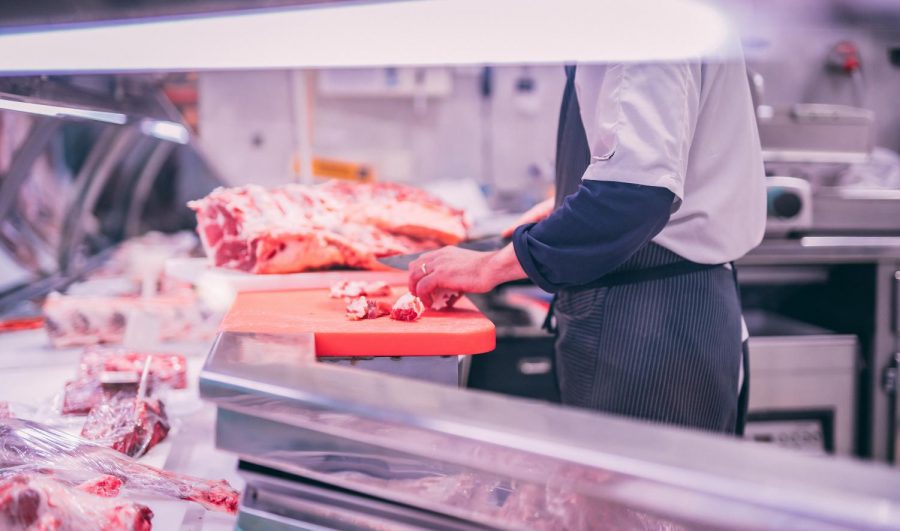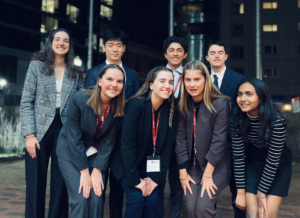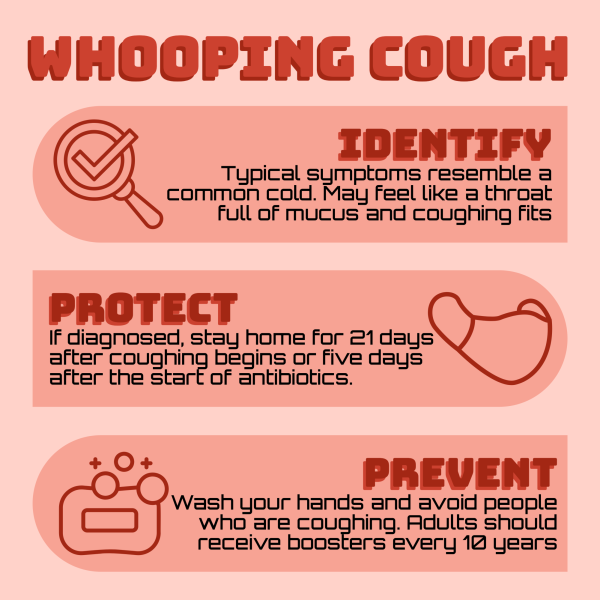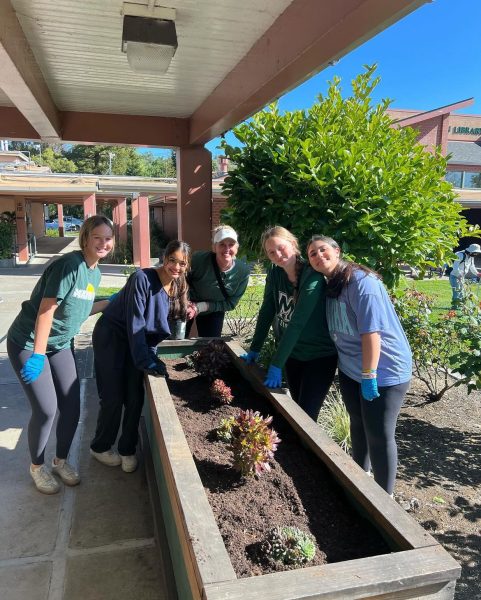Meatpacking Plants Remain Open Amidst COVID-19, Leading to Questions About the Safety of Workers
May 17, 2020
As stores shut down across the country, meatpacking plants are remaining open, leading to questions of the safety conditions for just over 500,000 workers in the industry.
Already 15 of the largest plants owned by Smithfield Foods, Tyson Foods, and JBS have closed their doors, bringing down the nation’s beef and pork production by 25 percent. Tyson Foods, a supplier of almost 80 percent of the country’s processed meats, has released plans to bring production down to 80 percent in the near future.
Amid concerns of facing a “meat shortage,” President Trump signed an executive order April 28 in correlation with the Defense Production Act, which gives the president the right to control aspects of the private industry sector if it is deemed necessary for the health and protection of the American people. The order compels meat processing plants to stay open, declaring them a “critical infrastructure”. According to the order, “It is important that processors of beef, pork, and poultry (“meat and poultry”) in the food supply chain continue operating and fulfilling orders to ensure a continued supply of protein for Americans.” President Trump also claimed that his administration was working with Tyson Foods to combat food shortage. The representative for Tyson Foods responded with a statement conveying the company’s focus on workers’ safety. “We can tell you our top priority remains the safety (of) our team members and plant communities while we work to continue fulfilling our role of feeding families across the country,” Tyson representative Gary Mickelson told CNN.
Despite the Trump Administration’s strong stance on keeping plants open, some students disagree. “People definitely should not still have to go into work, especially not against their will. If it is possible for employees to safely follow social distancing protocols and ensure no contamination, then it’s fine for them to go back to work,” senior Athena Davis said.
In a statement released April 28, the United Food and Commercial Workers International Union (UFCW), called on the Trump Administration to increase testing, provide workers with greater access to protective gear, and implement the use of federal oversight to ensure the safety of all workers in the meatpacking industry. “While we share the concern over the food supply, today’s executive order to force meatpacking plants to stay open must put the safety of our country’s meatpacking workers first. Simply put, we cannot have a secure food supply without the safety of these workers,” the statement read.
The Centers for Disease Control and Prevention released interim guidance for plants to clean shared materials and to reconfigure workspaces to add barriers to keep workers separated by six feet. After 20 workers have died and with more than 3000 infected in the meatpacking industry, going to work in an environment where safety regulations are hard to enforce can pose a danger.
“The US has an overabundance of food – our food waste is astronomical. Cutting down meat production is not going to be a detriment to the health of our nation, however, ingesting contaminated meat and forcing workers to suffer in unsafe conditions is a detriment to the health of our nation,” Davis said.


















